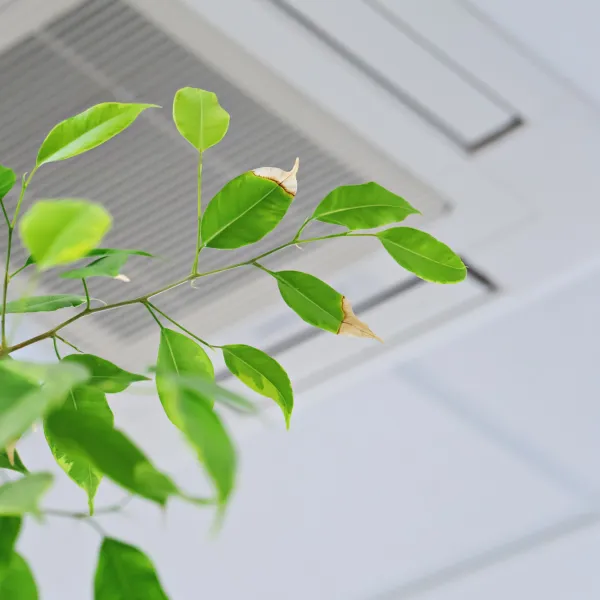
Improving Air Quality in Florida
1-800-Plumber +Air of Cape Coral
Air contamination is considered to be one of the biggest environmental risks in the world.
As a matter of fact, it is accountable for over 7 million fatalities, annually.
As an example, it has shown to be responsible for causing pneumonia, emphysema, as well as other respiratory problems. Not only that, but it can contribute to heart problems, lung illness, and even cancer cells.
That's why it's important to take notice of the air high quality in your house. Besides, who wants to be breathing in hazardous invisible particles.
Need some ideas about boosting your air quality? We have you covered. Keep reading for everything that you need to know.
Page Topics:
Ready to
GET IT FIXED?
Contact Us Now!

Improving Indoor Air Quality in Cape Coral
There you have it! 5 tips for boosting interior air high quality. As you can see, there is a lot you can do to ensure you are breathing safe air.
Need some assistance with your A/C system? Or maybe you've found a leakage? Do not hesitate to contact us to set up an appointment with 1-800-Plumber +Air of Cape Coral!

24/7
Availability

No surprise
costs at the end of a job

On-Time
Committed to on-time arrivals

